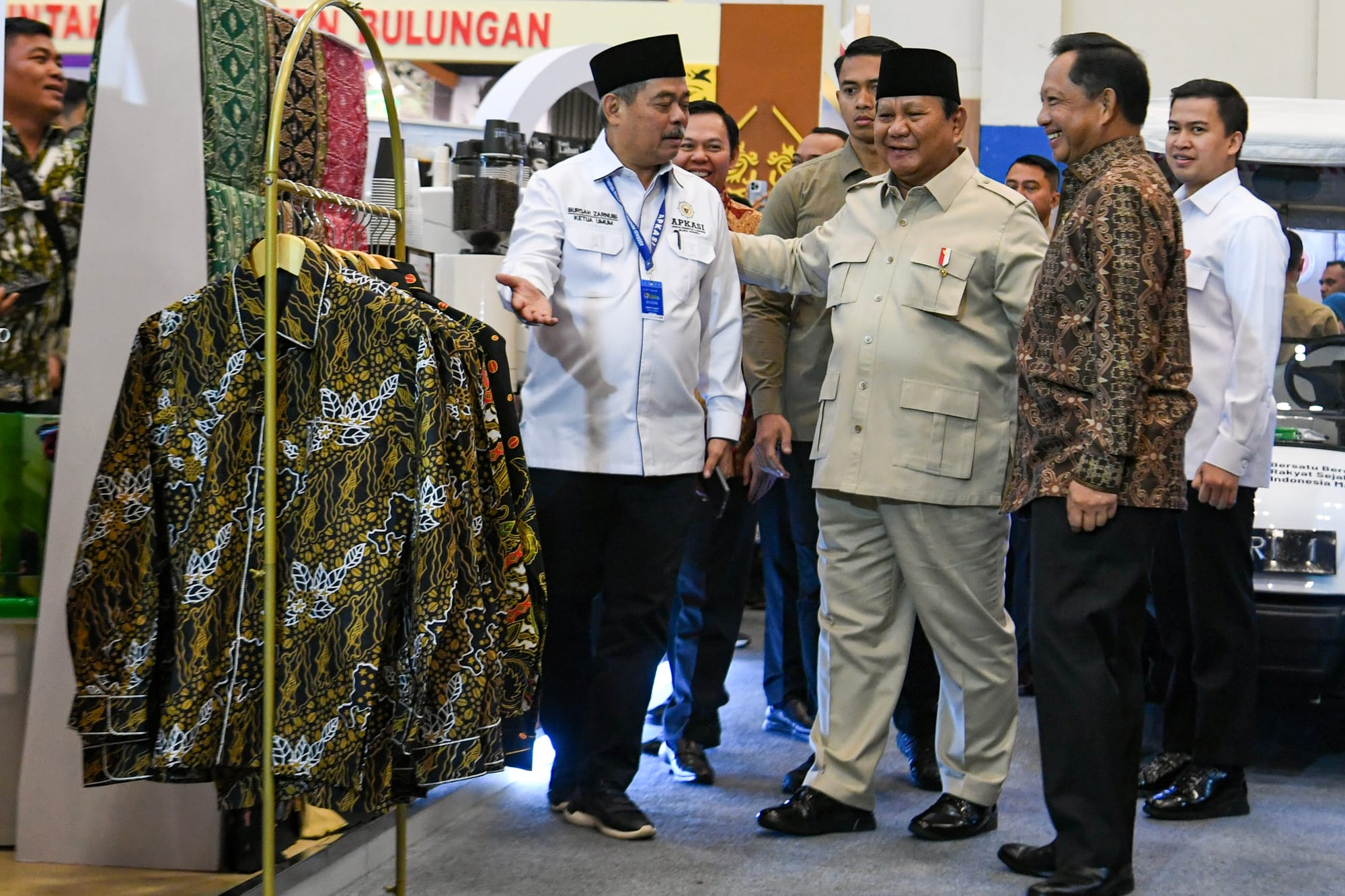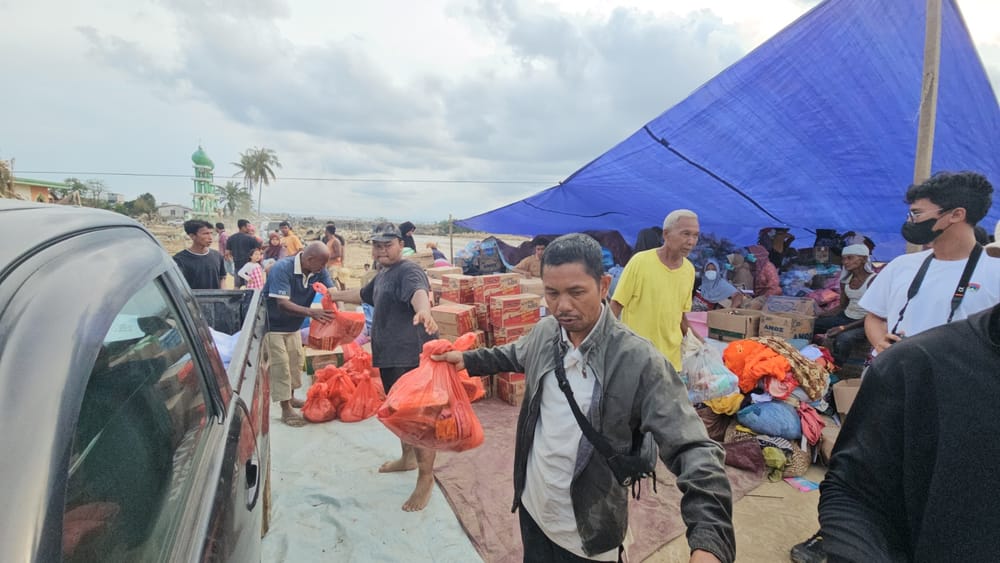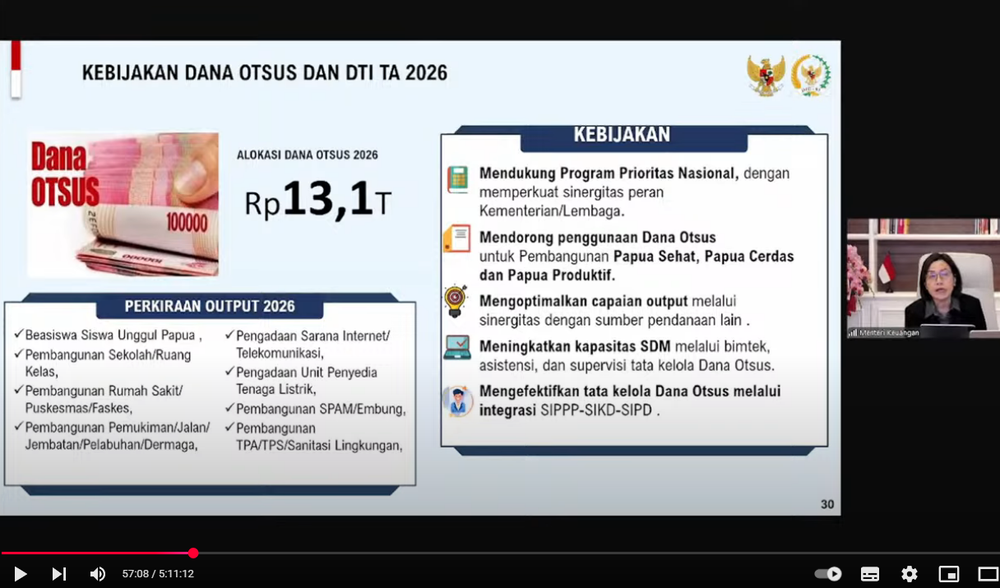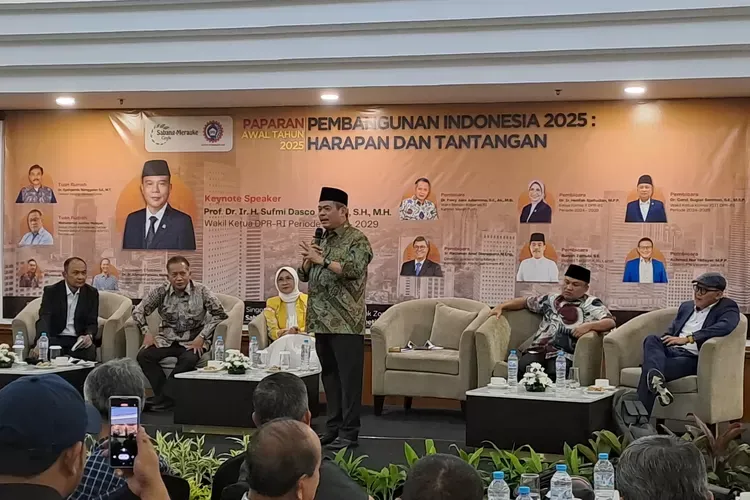With the reduction in regional transfers in the 2026 Draft State Budget (RAPBN), all district governments (pemkab) are asked to be more creative in finding original regional income. On the expenditure side, the district governments are also required to carry out efficiency and spend on more targeted things.
This was the message from President Prabowo Subianto and Minister of Home Affairs Tito Karnavian when giving remarks at the Association of Regency Governments Throughout Indonesia (Apkasi) Otonomi Expo 2025, which took place at Nusantara Hall, Indonesia Convention Exhibition (ICE) BSD, Tangerang, Banten Province, on Thursday (28/8/2025).
"Efficiency, reduce official trips, reduce meetings, reduce seminars, reduce work visits, what else are work visits for? What's important is work, not work visits," said the President.
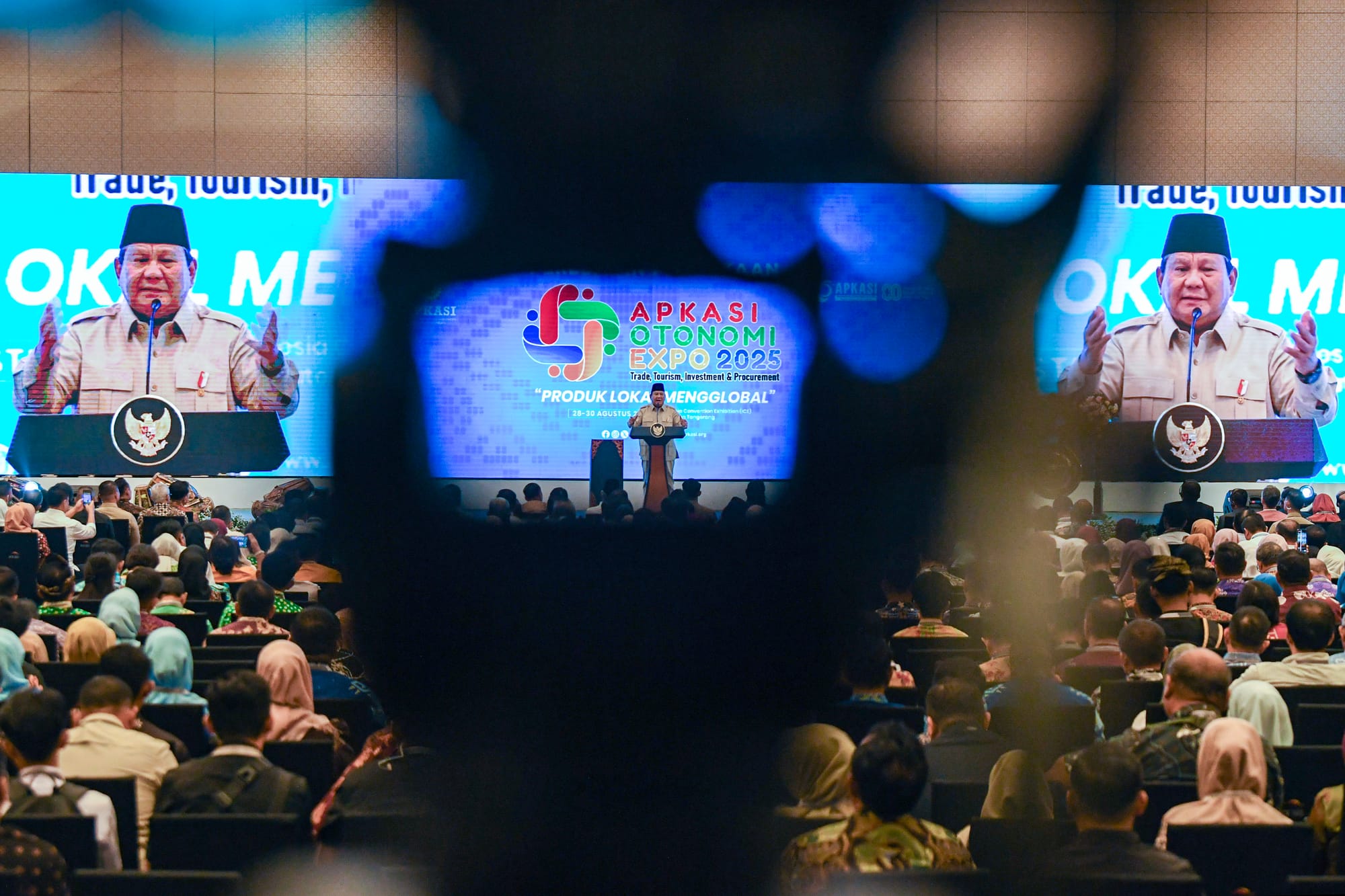
According to the Head of State, the funds from efficiency can be diverted to finance priority programs that directly touch people's lives. Namely, irrigation, health, education, and strengthening food security.
As previously reported, the central government cut the budget for transfers to regions in the 2026 RAPBN. The allocation will only be around Rp 650 trillion, a significant decrease compared to the current budget of Rp 864.1 trillion. This cut of around 24.8% is forcing local governments to find ways to maintain their fiscal space.
Minister of Home Affairs Tito Karnavian admitted that currently, district governments still depend a lot on transfers from the central government. He said that out of 419 districts in Indonesia, around 350 of them still depend on the central budget.
In response to fiscal challenges, Tito instructed the regents to carry out budget efficiency and allocate it to other programs that are more prosperous for the people. For example, Tito continued, reduce spending on official travel. Meetings from 10 times are enough to be only twice as long as they are optimal.
Tito gave the example of Regent Bursah Zarnubi in Lahat Regency who succeeded in carrying out budget efficiency of up to Rp 462 billion. Then, the savings were allocated for the construction of irrigation that can irrigate land up to 80,000 hectares.
In addition, Tito encouraged the district governments to be creative in finding other ways to generate income. The goal is that the regency does not have to depend on the central budget. Tito gave the example of Badung Regency whose budget posture is 90% derived from original income (PAD). That is, only 10% of its budget comes from the center.
One way that the district government can do, Tito continued, is to partner with the Indonesian Chamber of Commerce and Industry (Kadin). So that the district government can optimize the potential of the region so that it can be processed into income.
"We know that not all regional heads have a business instinct. Therefore, invite the private sector to be involved in regional development. Partner with Kadin to help empower the business world and the regional economy," said Tito.

In addition, Tito encouraged local governments to seize opportunities from national programs. For example, the Free Nutritious Meal (MBG) program and the Merah-Putih Village Cooperative (KDMP). The local government can play a role in uniting the program.
"For example, this MBG program is supplied from the Merah Putih Village Cooperative. MBG runs and the cooperative can live. This model of cooperation is needed," said Tito.
Raising regional taxes?
Chairman of the Association of Regency Governments Throughout Indonesia (Apkasi) Bursah Zarnubi admitted that this fiscal problem is a challenge that must be resolved by the regents. "The Regent must strive for fair fiscal with independent financial sources and spent for the purpose of achieving the welfare of the people," said Bursah.
He added that there is currently a phenomenon of regents increasing Land and Building Tax (PBB) as a shortcut to pursue regional income. This creates quite a dynamic and upheaval in society.
According to him, to anticipate limited fiscal capacity, regents can join hands, coordinate with each other to establish trade between regions. For example, region A is abundant with rice harvests, then that region can trade with region B which needs rice supplies.
"We estimate that inter-district trade could reach IDR 50 trillion. This is extraordinary, because it can encourage economic growth in accordance with the President's ideals, which is 7%–8% in the next 3 years–4 years," said Bursah.
The Regent of Central Tapanuli, Masinton Pasaribu, also emphasized that he would not close the gap in financing his regional budget by increasing Land and Building Tax (PBB). He reasoned that the economic conditions and purchasing power of the people of Central Tapanuli are still weak. "We must ensure that the people's economy is healthy first," said this PDI-P politician.
On the contrary, the Central Tapanuli Government is providing incentives in the form of eliminating administrative sanctions for Rural and Urban PBB (PBB P2). This policy is valid from August 14 to December 31, 2025, covering the 2021 to 2025 tax years. The incentive was stipulated through Regent Decree Number 1063/BPKPAD/2025 in the context of the 80th Anniversary of the Republic of Indonesia and the commemoration of the 80th anniversary of Central Tapanuli Regency.
Masinton said that this step is expected to ease the burden on the community while increasing tax compliance. The Central Tapanuli government is also opening access to non-cash PBB P2 payments to make it easier for residents, starting from QRIS to various platforms such as Tokopedia, Gopay, Blibli, Indomaret, PosPay, and New Sumut Mobile from Bank Sumut.
To cover the decline in the amount of transfers from the central government, Masinton said that his party is optimizing the potential for local revenue. This step is taken by improving business administration, licensing, and exploring the potential of restaurants, plantations, and vegetable commodities in Central Tapanuli.
"For us, it's not about increasing the PBB, we are looking for potential revenues from other sectors," said Masinton.
"For us, it's not about increasing the PBB, we are looking for potential revenues from other sectors," said Masinton.
Meanwhile, Executive Director of the Regional Autonomy Implementation Monitoring Committee (KPPOD) Herman Suparman assessed that the reduced transfer budget from the central government has the potential to hit regions that have so far been highly dependent on injections of funds from the central government.
"Around 60%–70% of our regions, cities, and also provinces still rely on funds from the central government which are called transfers to the regions, or what used to be called equalization funds," he told SUAR via telephone.
He added that this flow of funds makes the regional economy very dependent on regional government spending, which includes operational and capital expenditures.
Herman compared this situation with the budget efficiency of IDR 50.59 trillion carried out by the central government in early 2025 – which has made it difficult for the regions.
"The regions are already struggling like that, especially next year when there is a decrease of 24.8%," he said.


